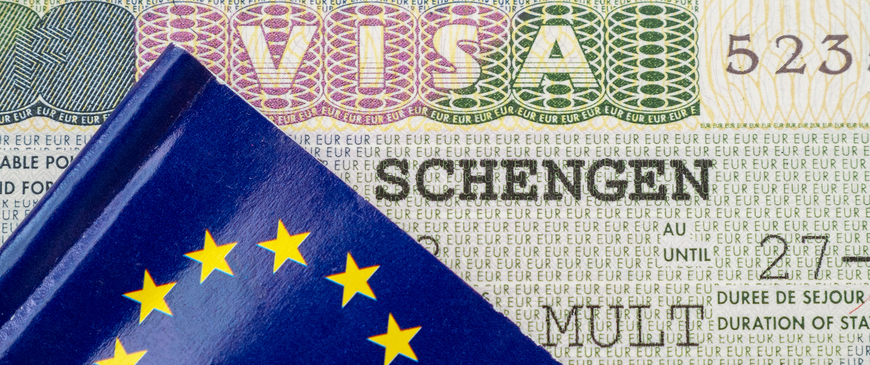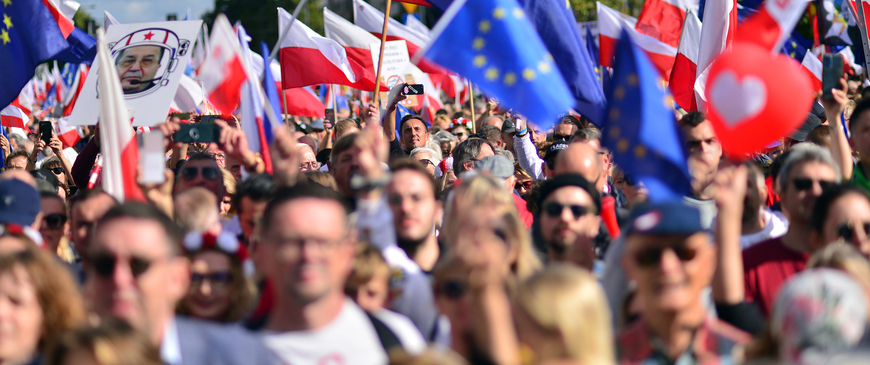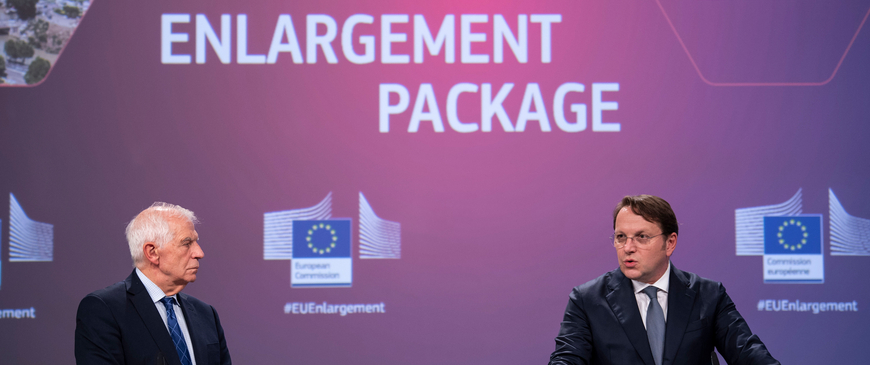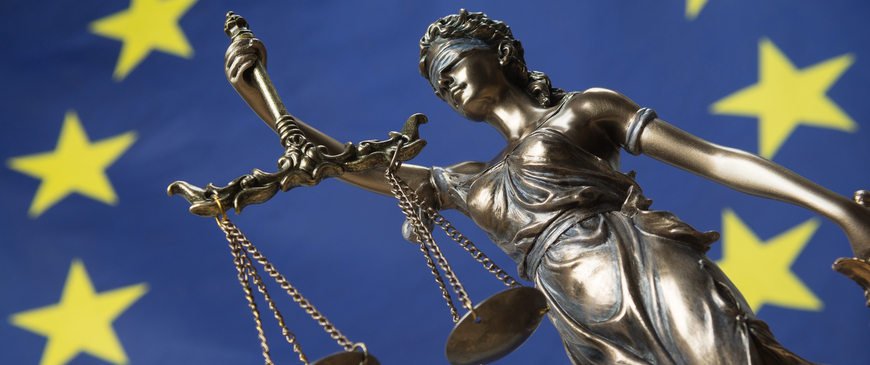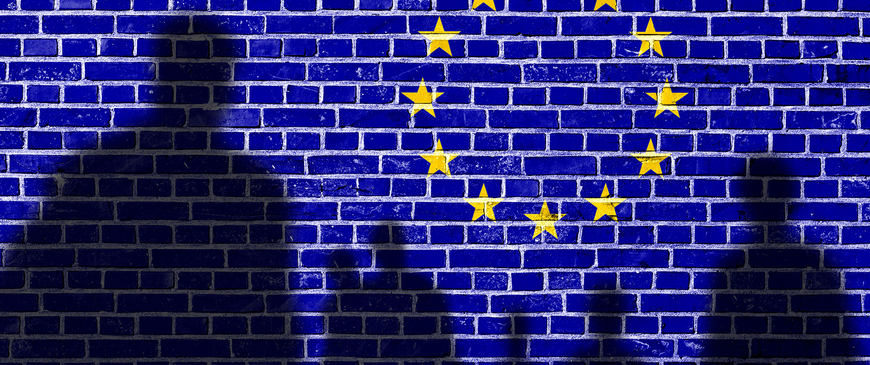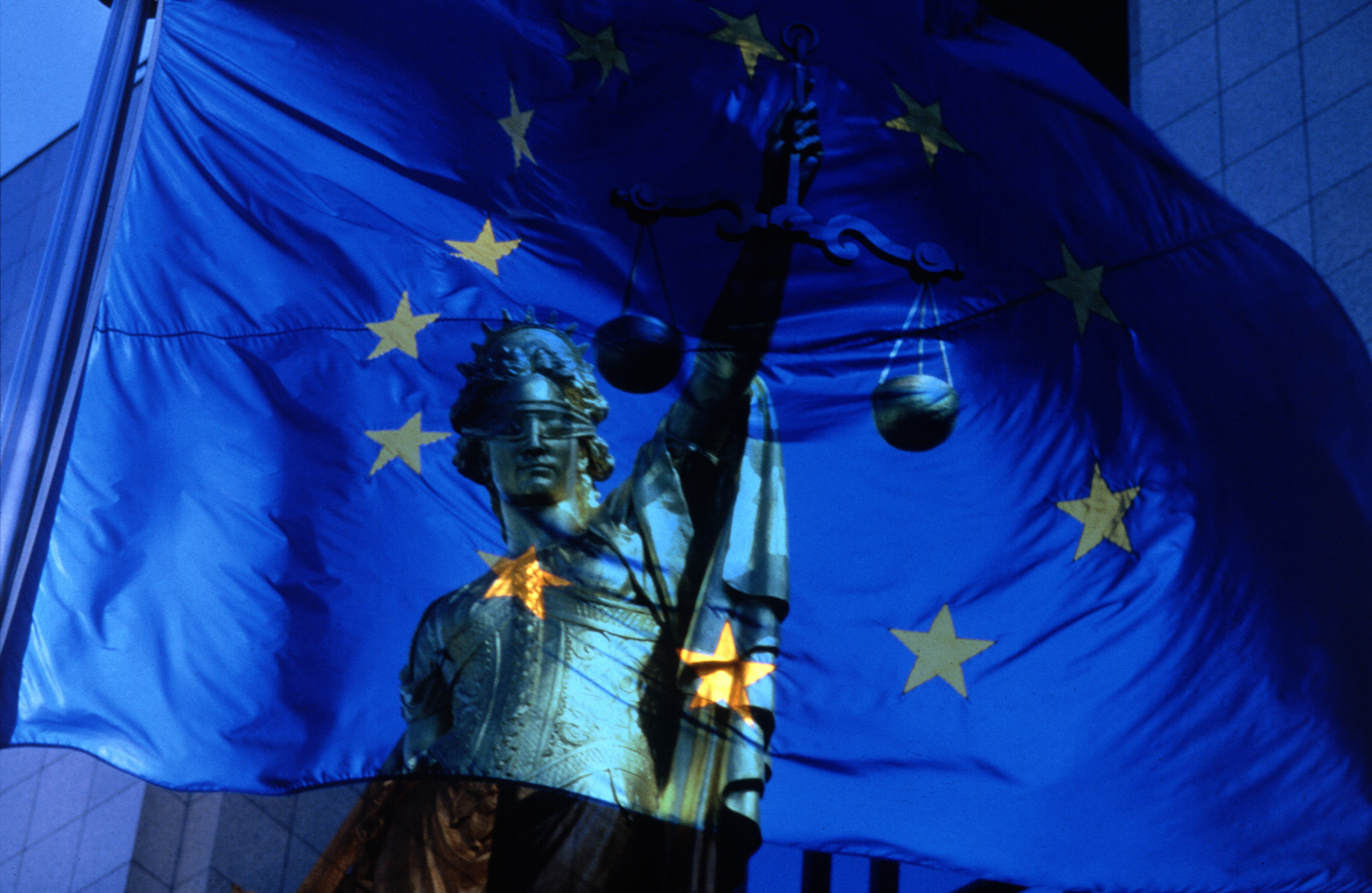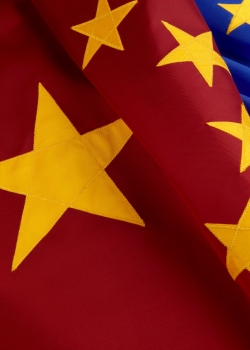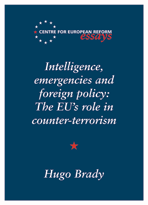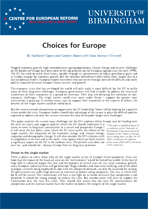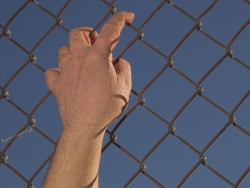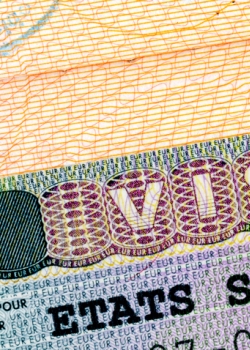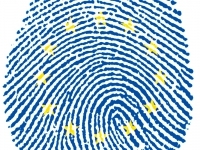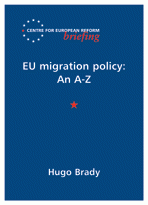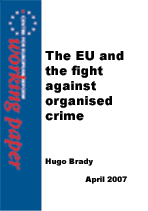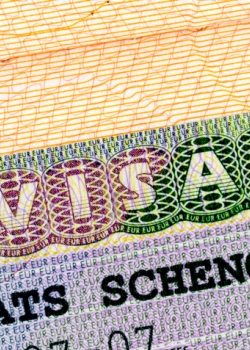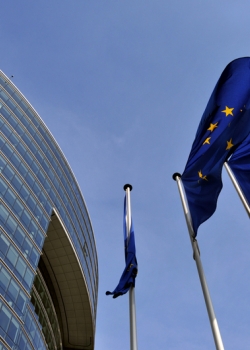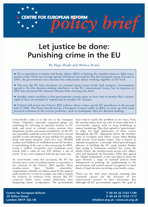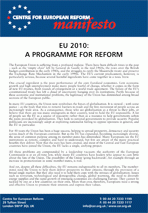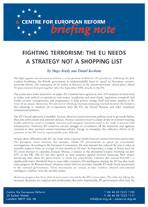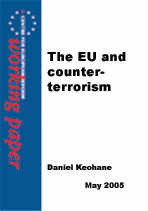Justice & home affairs
Issue 70 - 2010
29 January 2010
- How should Europe respond to China's strident rise?, Charles Grant
- Why education should be at the heart of EU2020, Philip Whyte
- Does the EU need a public prosecutor?, Hugo Brady
Intelligence, emergencies and foreign policy: The EU's role in counter-terrorism
01 July 2009
Many European countries feel threatened by terrorist plots against civilians and infrastructure. European governments have strengthened their efforts to co-operate on counter-terrorism over the past decade.
Choices for Europe
01 May 2009
CER - University of Birmingham
Sluggish economic growth, high unemployment, ageing populations, climate change and security challenges on the borders of Europe have been some of the top priorities on the European agenda since the early 1990s. The EU has tried to tackle these issues, notably through its commitments to reduce greenhouse gases and its Lisbon strategy for economic growth.
Towards a better EU migration policy
08 April 2009
Over the last decade, EU countries have experienced a rapid rise in both legal and illegal migration, mostly from Turkey, Morocco, Albania, Algeria and Serbia. Each spring and summer, Mediterranean member-states struggle to cope as migrants perish attempting to reach Europe from North Africa in unseaworthy and over-crowded boats.
Britain's Schengen dilemma
10 February 2009
Britain supports more EU co-operation against terrorism, crime and illegal immigration and has done so for over a decade. This is because effective justice co-operation has clearly been in the national interest (as with the speedy capture and extradition of one of the 2005 London bombers from Italy to Britain).
Farewell, Polish plumber
07 August 2008
When the EU expanded its membership in 2004, the UK was one of only three EU countries – Ireland and Sweden were the others – fully to open its borders to migrants from the ten new member states.
The new politics of EU internal security
28 March 2008
EU interior ministers are racing to finish a raft of new legislation on terrorism, crime and illegal immigration by the end of the year. One reason for their sudden sense of urgency is politics.
EU migration policy: An A-Z
01 February 2008
More and more people want to come to Europe to live and work. This is a welcome development, given Europe's ageing population. But increasing migration poses big challenges for EU governments.
Should Europol and Eurojust merge?
07 December 2007
Governments increasingly use Europol, the EU’s police office, and Eurojust - its prosecution unit - to investigate criminals operating across borders and bring them to justice.
Why Europeans don’t have babies
29 June 2007
Europeans live longer, work less and have fewer babies. On current trends, the EU will not have enough workers to pay for its growing number of pensioners.
The EU and the fight against organised crime
06 April 2007
The EU needs to tackle a new threat: international organised crime. Europe's criminal underworld is taking advantage of new opportunities to commit crime that come with the increasing mobility of people, goods and services across national boundaries.
Schengen should go west as well as east
01 February 2007
EU governments spent last year arguing over the extension of Europe’s passport-free travel zone – the so-called Schengen area – to the countries that joined in 2004.
Issue 52 - 2007
26 January 2007
- Time to shake up the European Council, David Harrison
- French candidates miss the point on globalisation, Patrick Artus, Elie Cohen and Jean Pisani-Ferry
- Schengen should go west as well as east, Hugo Brady
The Tories and human trafficking: Don’t play politics
09 January 2007
The British Conservative party kicked off the New Year saying they wanted to sign Britain up to a 2005 European convention that grants rights to the victims of human trafficking. Odd that the Conservatives should suddenly develop such a concern for humanity: only a few months before they wanted to scrap UK legislation giving effect to a related European convention on human rights for all British citizens.
Let justice be done: Punishing crime in the EU
06 April 2006
Cross-border crime is on the rise across the European Union. Member-states have committed themselves to fighting this trend by closer co-operation in justice and home affairs (JHA).
EU 2010: A programme for reform
03 February 2006
The European Union is suffering from a profound malaise. There have been difficult times in the past – such as the 'empty chair' left by General de Gaulle in the mid-1960s, the rows over the British budget contribution in the early 1980s, and the struggles to ratify the Maastricht treaty...
Fighting terrorism: The EU needs a strategy not a shopping list
11 October 2005
The fight against international terrorism is a key priority of Britain's EU presidency. Following the July London bombings, the British government is understandably keen to speed up European counter-terrorism efforts.
An avant-garde for internal security
03 October 2005
Even the most hardened eurosceptic admits the need for closer EU co-operation to fight terrorism, organised crime and illegal immigration. While criminals and terrorists can move easily between EU countries, national policemen cannot.
Issue 44 - 2005
30 September 2005
- Can variable geometry save EU enlargement?, Charles Grant
- CAP reform can reshape the EU budget, Lord Haskins
- An avant-garde for internal security, Hugo Brady
The EU and counter-terrorism
06 May 2005
Ever since terrorist bombs killed nearly 200 people in Madrid in March 2004, EU politicians have argued for greater European co-operation in fighting terrorism.

